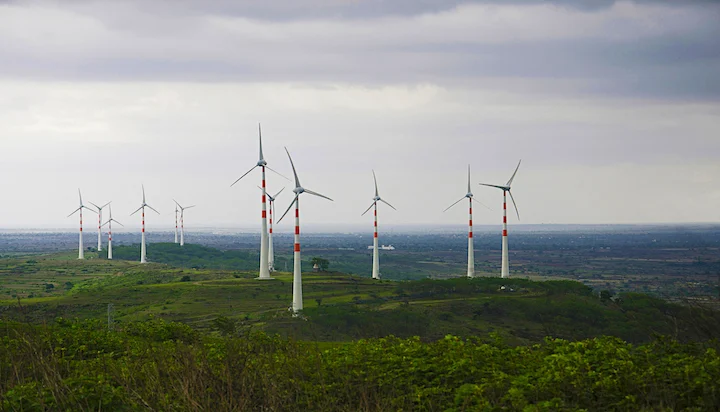Tata Power on Saturday celebrated the glorious feat of completing the 100th anniversary of its hydroelectric power plant in Bhivpuri, Maharashtra.
The plant, one of the oldest in India, produces around 300 MUs of electricity annually and has provided clean energy for over 100 years to the nation.
The achievement also coincides with the Azadi ka Amrit Mahotsav, India@75 and demonstrates Tata Power’s efforts to ‘Power India and Empower Bharat’ for over 100 years, a statement t from the company said.
The company started building the Bhivpuri powerhouse in 1916. It is situated in Raigad district of Maharashtra near Mumbai. The project was commissioned in 1922, with installed capacity of 48 MW, which was subsequently upgraded to 75 MW including a 72 MW new powerhouse, with three units of 24 MW. It also includes 3 MW tailrace powerhouse comprising two units of 1.5 MW each. The plant now transmits power over 110 kV transmission lines to industries and licensees in the Mumbai metropolis.
Speaking about this milestone, Praveer Sinha, CEO&MD, Tata Power, said, “It’s a proud moment for all of us at Tata Power to mark the centenary celebration of Bhivpuri Hydro Power Station. We are committed to providing clean energy through this plant and on this occasion reaffirm our commitment to achieve clean and green energy capacity of 80% by 2030; thus contributing towards India’s clean energy targets.”
The Bhivpuri plant, along with the Khopoli and Bhira, is among the first hydroelectric plants in the region that harnesses the major water resources of the Western Ghats in Maharashtra. Today, these three plants make up Mumbai’s ‘islanding system’, the backup power source that kicks-in in case metropolis’ power supply gets impacted—akin to an inverter system installed inside households.
The clean and cheap power generated at Bhivpuri Hydro Power Plant has helped curb pollution in Mumbai, one of the world’s busiest and densely populated cities.
The water released from Bhivpuri plant along with the Khopoli and Bhira hydel plants meets the Ulhas, Patalganga and Kundalika rivers in the Konkan region. This water has enabled rapid industrialization, urbanization, irrigation development, commercial trades, etc. in the downstream areas of Karjat, Ambernath, Ulhasnagar, Thane, Badlapur, Mira-Bhayander, Vasai, etc.
Source: livemint.com









